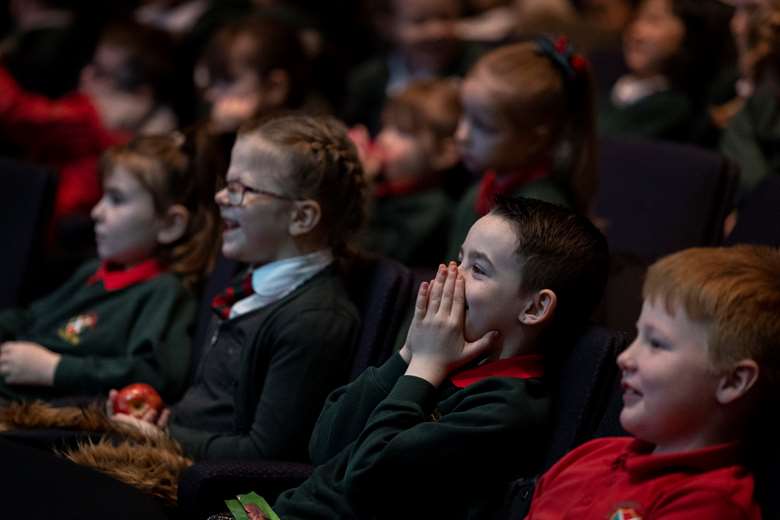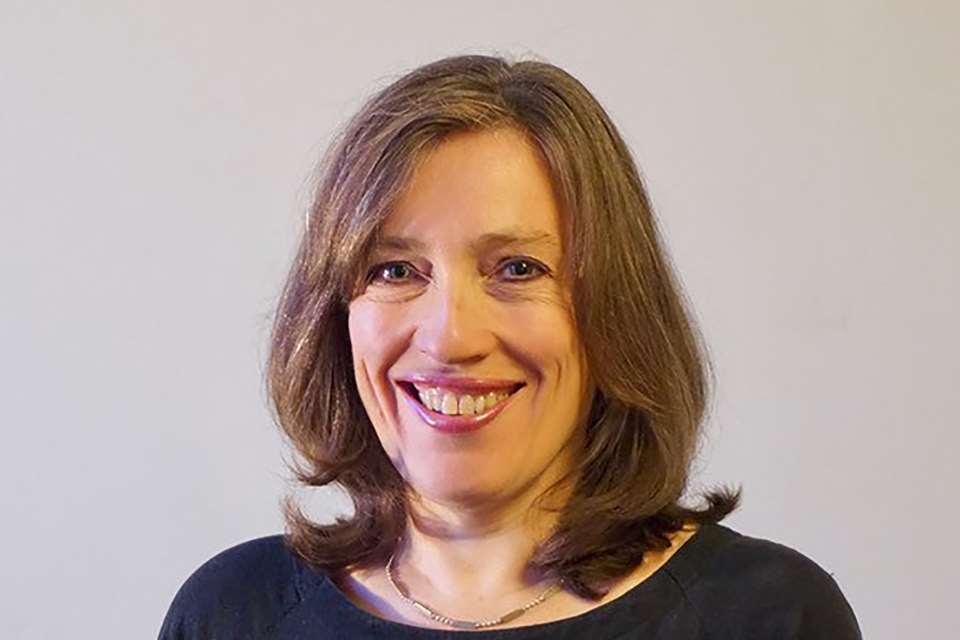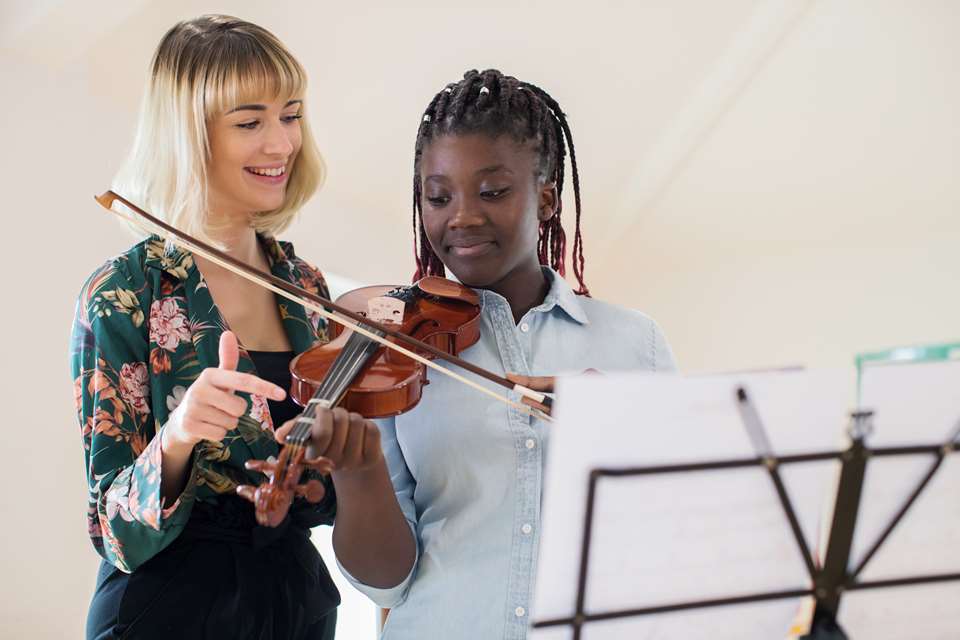Building the audience of the future
Susan Nickalls
Wednesday, February 22, 2023
School outreach programmes offer the obvious benefit of supplementing music education, but they can also attract more young people into classical concerts. Susan Nickalls talks to the Scottish Chamber Orchestra and the RSNO about how their schemes are building sustainable audiences for the future in Scotland


Register now to continue reading
Don’t miss out on our dedicated coverage of the classical music world. Register today to enjoy the following benefits:
- Unlimited access to news pages
- Free weekly email newsletter
- Free access to two subscriber-only articles per month



